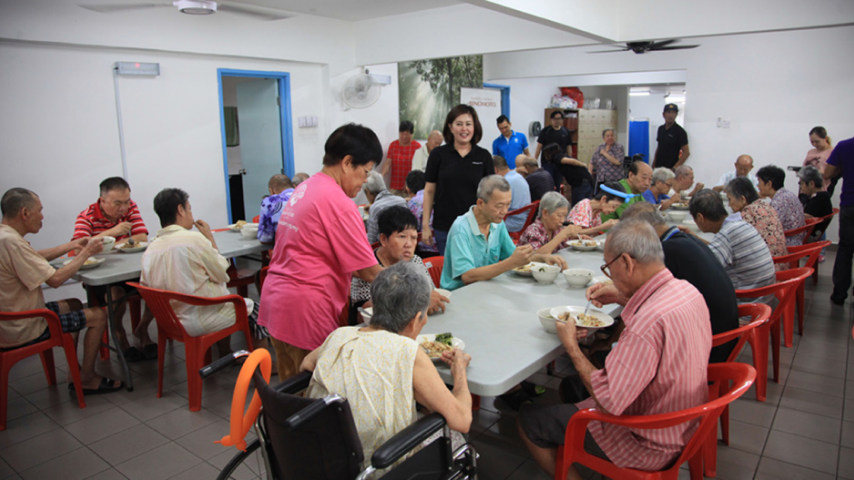Food for Elderly: The Impact of Taste and Flavour on the Appetite

As we get older, our taste buds and sense of smell start to fade, which can make food taste bland and unappetising. This can lead to a loss of appetite and malnutrition, which can be a serious problem for seniors. There are a number of factors that can contribute to this decline, such as certain medications, chronic health conditions, and the ageing process itself.
However, there are also a number of things that can be done to improve the taste and flavour of food for the elderly, which can help to increase their appetite and improve their overall nutrition.
The Impact of Aging on the Senses of Taste and Smell
One of the most noticeable changes in taste perception is a decline in the number of taste buds. This decrease in taste buds can result in reduced sensitivity to different flavours. Similarly, the olfactory system, responsible for our sense of smell, undergoes alterations. The olfactory receptors in the nasal cavity may become less effective, leading to a diminished ability to detect and distinguish various aromas.
Consequently, foods may taste less flavourful or even bland, which can lead to a decreased appetite and a decreased interest in eating. Individuals may find that they need to add more salt, sugar, or spices to their food to enhance the flavours, which can have negative health implications, particularly for those with dietary restrictions.
The Importance of Taste and Flavour in the Elderly Diet
A flavourful diet can provide essential nutrients, such as vitamins and minerals, in a more appealing way. Seniors may be more inclined to consume a variety of fruits, vegetables, and other nutritious foods if they find them tasty. This can contribute to improved health, including better immune function, bone health, and cognitive performance.
In addition, flavourful foods can positively affect mood and mental health. Savouring delicious meals can promote a sense of happiness and contentment, reducing the risk of depression and enhancing the emotional well-being of older individuals. Moreover, shared meals that are enjoyable can foster social connections, combating the isolation that some seniors may experience.
Conversely, a bland diet can pose significant risks for older adults. One of the primary risks is malnutrition. When meals lack flavour and excitement, seniors may be more likely to skip or limit their food intake. This can result in inadequate caloric and nutrient intake, leading to malnutrition, muscle loss, and a weakened immune system.
Tips for Making Food More Flavourful and Appealing to Older Adults
Ajinomoto Malaysia Berhad (AMB) is a company that specialises in making food for elderly more flavourful and appealing. They achieve this by harnessing the power of umami, often described as the fifth basic taste. Umami is characterised by its savoury profile and can be found in various foods such as meat, cheese, mushrooms, and tomatoes.
Additionally, AJI-NO-MOTO(R) Umami Seasoning, a well-established and safe seasoning, is another tool in Ajinomoto's umami-enhancing arsenal. It is a long history of culinary use and effectively adds umami to dishes. Importantly, it is low in sodium, addressing the dietary restrictions often necessary for older adults.
To further cater to the unique needs and preferences of older adults, Ajinomoto has developed a variety of reduced salt recipes. These recipes are deliberately designed to be low in sodium and high in umami, ensuring that they meet the nutritional and taste requirements of this target group. They are also created to be easy to prepare and gentle on the digestive system.
In summary, Ajinomoto is committed to the mission of making food more flavourful and appealing for older adults. They employ a variety of methods, with umami playing a central role, to develop products and recipes that cater to the specific needs and preferences of this target group.